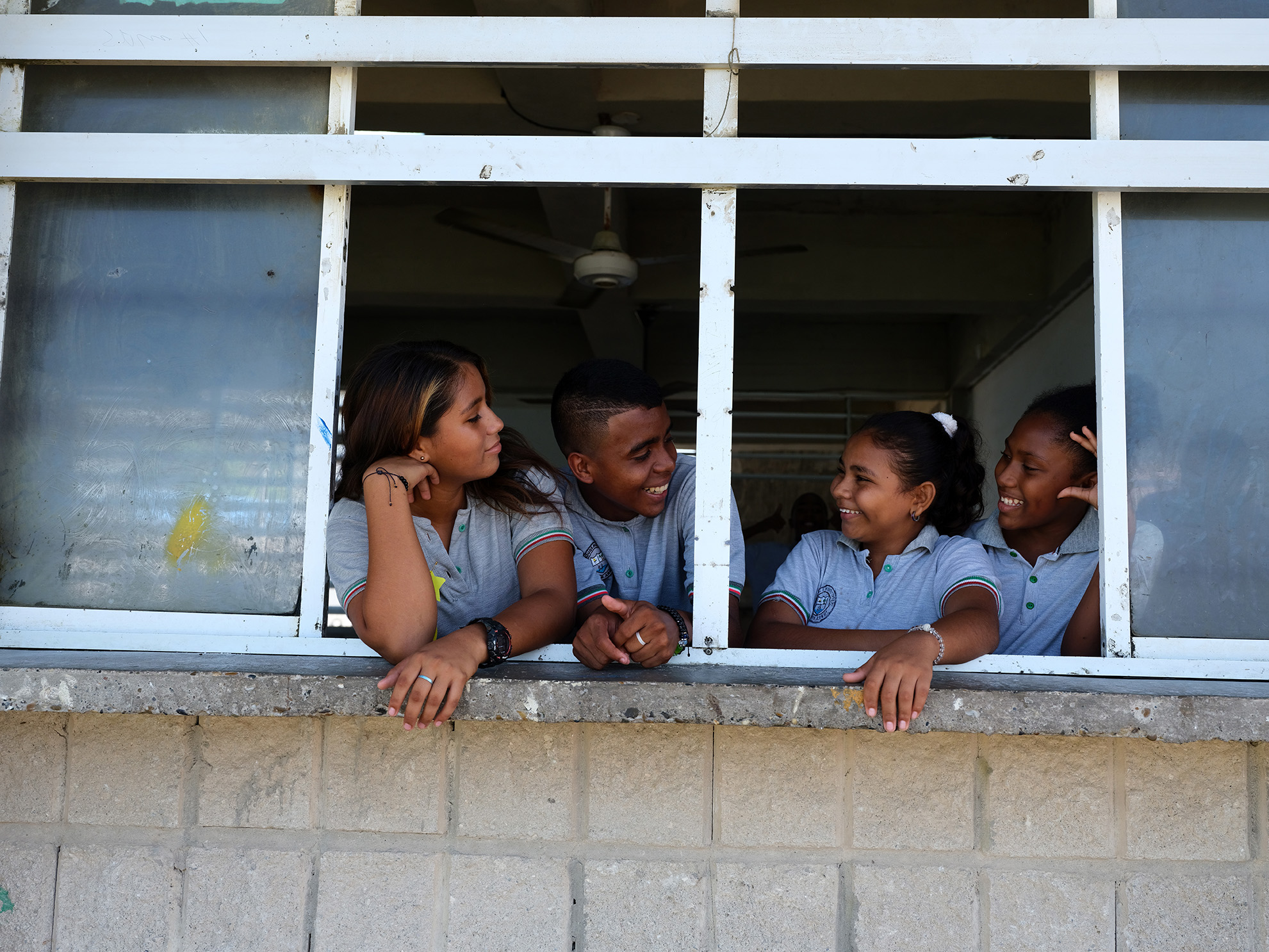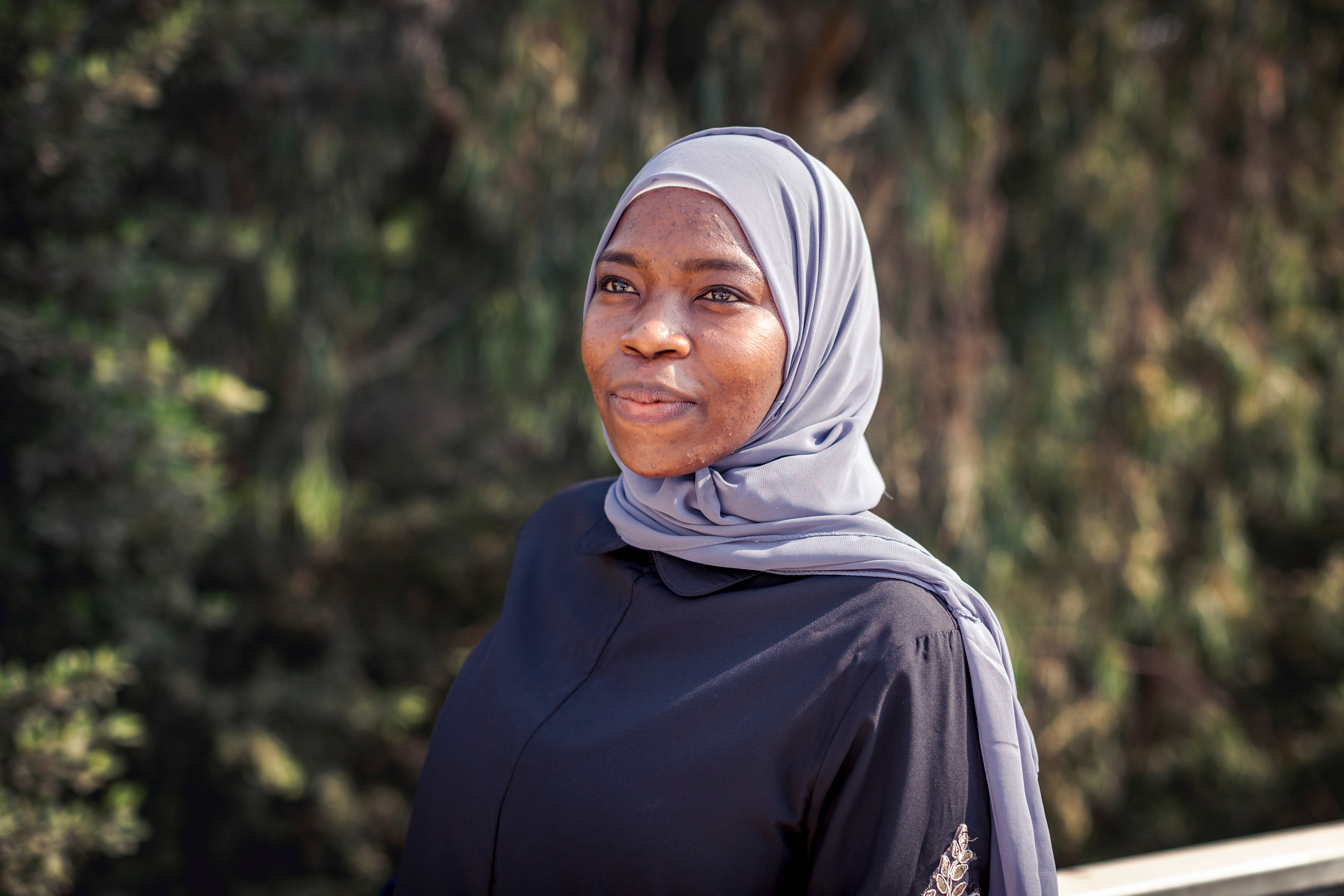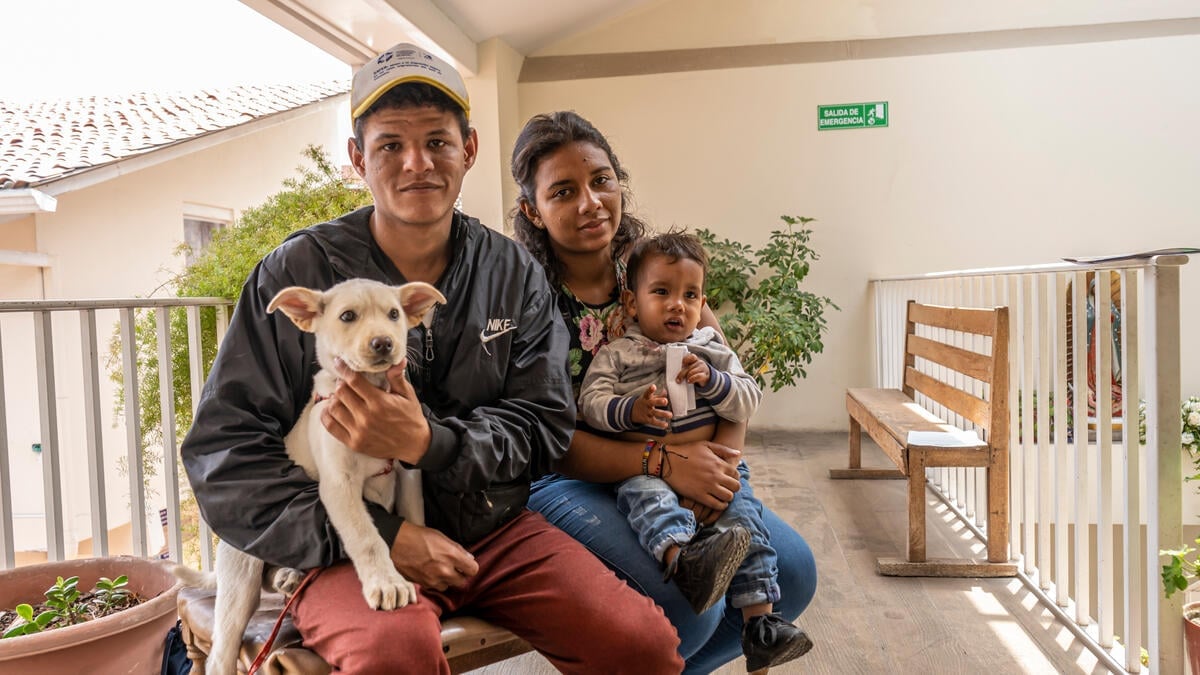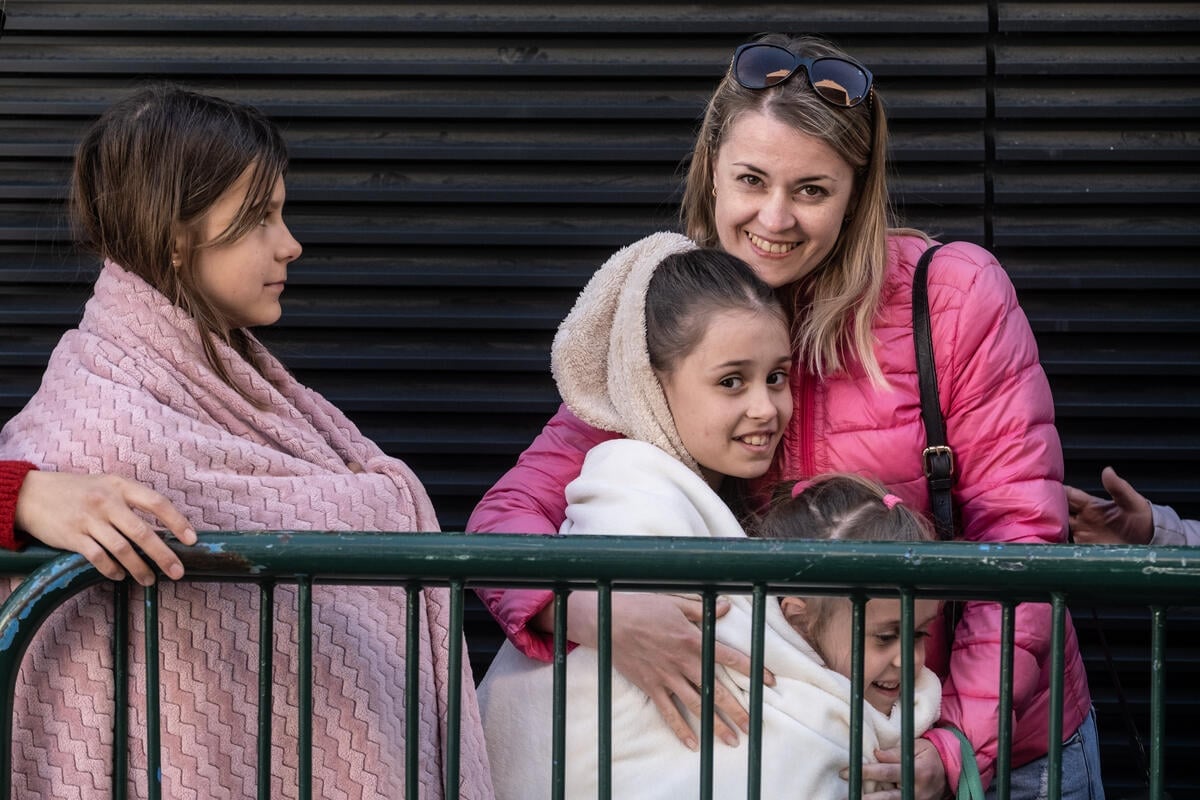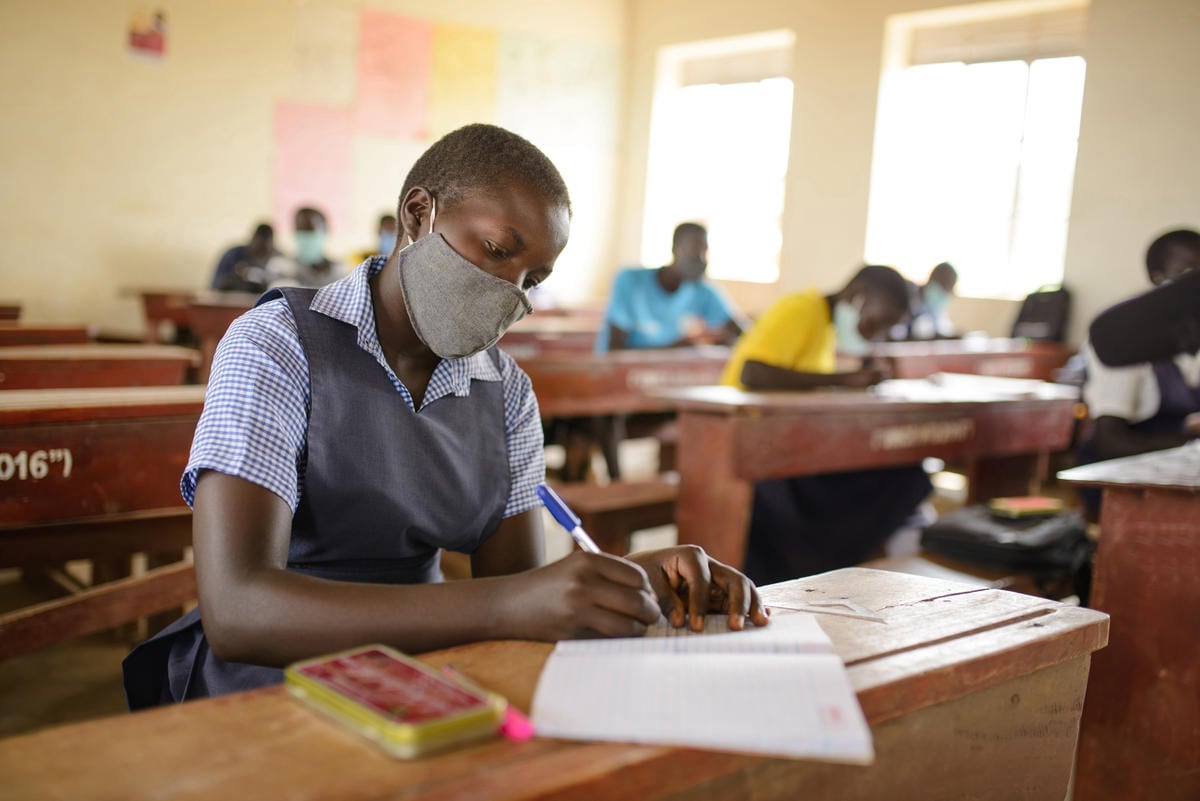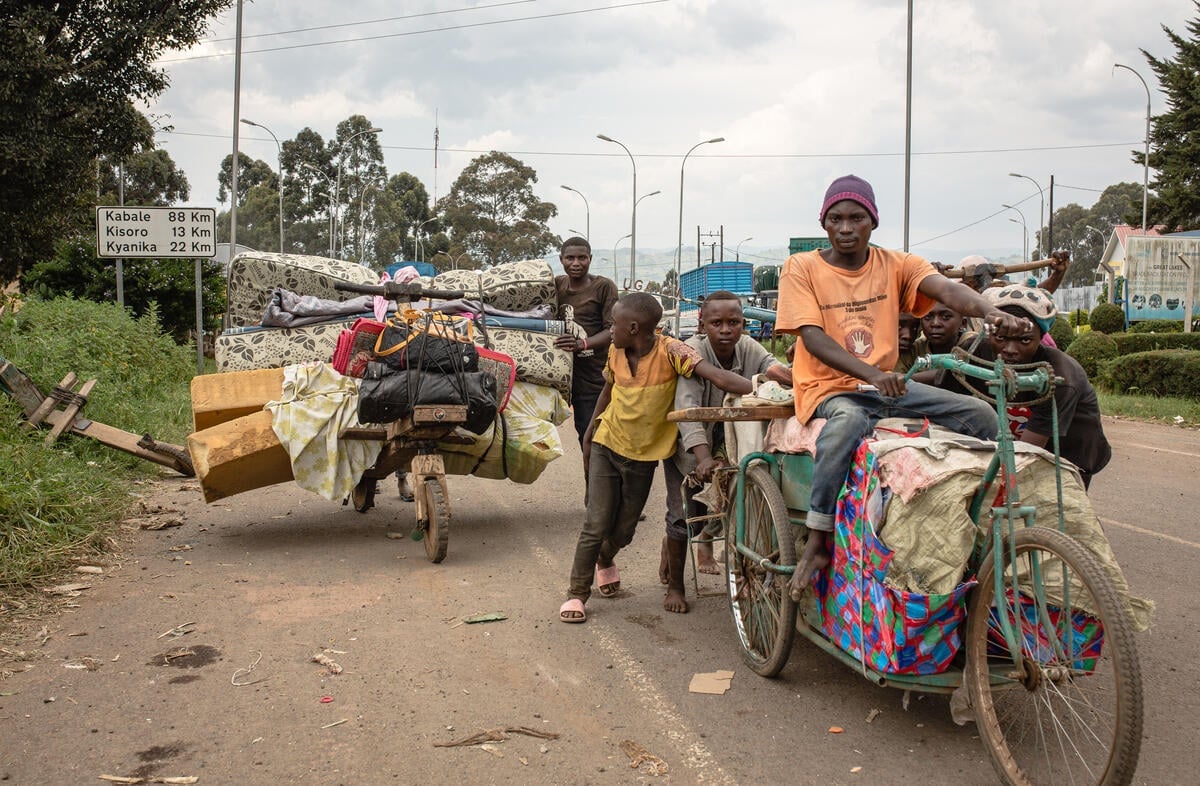DAFI scholarship landmark for returning Burundian refugees
DAFI scholarship landmark for returning Burundian refugees
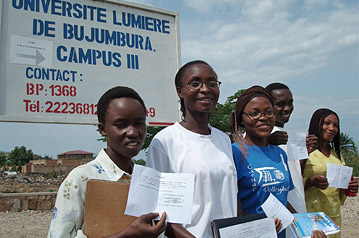
BUJUMBURA, Burundi, October 21 (UNHCR) - A group of 40 young Burundians became the first returning refugees to be granted university scholarships by UNHCR when they matriculated this week as students at Bujumbura's Université Lumière.
The UN refugee agency's German-funded DAFI scholarship programme, formally known as the Albert Einstein German Academic Refugee Initiative, had previously only been available to refugees living in countries of asylum. This first group is returning home to take up university places.
The main aim of the DAFI programme, which is celebrating its 16th anniversary, is to contribute to human resources development as part of a broader UNHCR strategy of promoting self-reliance and durable solutions for refugees.
Apollinaire, one of the new Université Lumière students, said he had been selected on the basis of his performance while studying in a Tanzanian refugee camp. "I was so happy when I got the news that I had received a grant [to study business administration]," he said, adding that it had strengthened his determination to return home.
He said his education had been severely disrupted when he fled to Tanzania in 1993 to escape the latest outbreak of fighting in the small Great Lakes nation. "I was just as good as all the others in class, but I had to flee Burundi when I was still a secondary student," Apollinaire recalled. "At some point, I lost all hope of continuing my education. Some of my schoolmates had by then become doctors and civil servants."
Apollinaire has been catching up. And his volunteer work in the camp, including teaching other children and organizing family reunions for the International Committee for the Red Cross, has added an edge to his education.
Fellow student, Carine, will be studying law with the DAFI scholarship. "I want to become a lawyer, helping those who would otherwise not be represented," she said, noting that even though relative peace had returned to her small, landlocked nation, property disputes stemming from war and displacement were common.
Like Apollinaire, Carine said she had also learned about life during her time as a refugee. "In the camp, we received a food ration every two weeks and you had to use it sparingly otherwise you would soon have nothing left. I have learned to save and I will know how to use my grant."
The DAFI programme is currently supporting 1,800 refugee students in 33 countries. It is the only large-scale scholarship programme for refugees. This year, Germany has increased funding for the programme from US$2 million to US$5 million.
This has allowed UNHCR to introduce new initiatives, including assisting returning refugees and funding refugees to study for Masters degrees. Previously, the DAFI programme only helped those working for diplomas or Bachelor degrees.
Refugees benefiting from DAFI funding are starting the new academic year at colleges around the world this month. Their outlook is very rosy. Research has shown that more than 95 percent of DAFI-funded graduates find meaningful employment, particularly upon return home, and often in the field of reconstruction, humanitarian relief and development.
By Andreas Kirchhof in Bujumbura, Burundi


